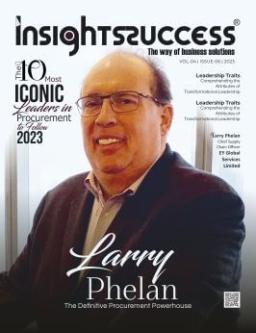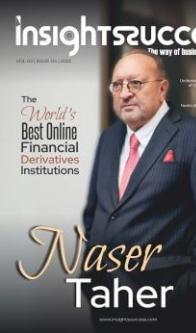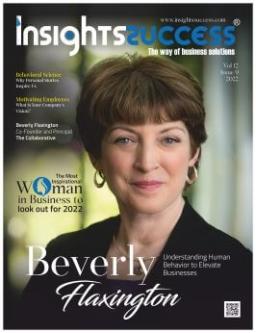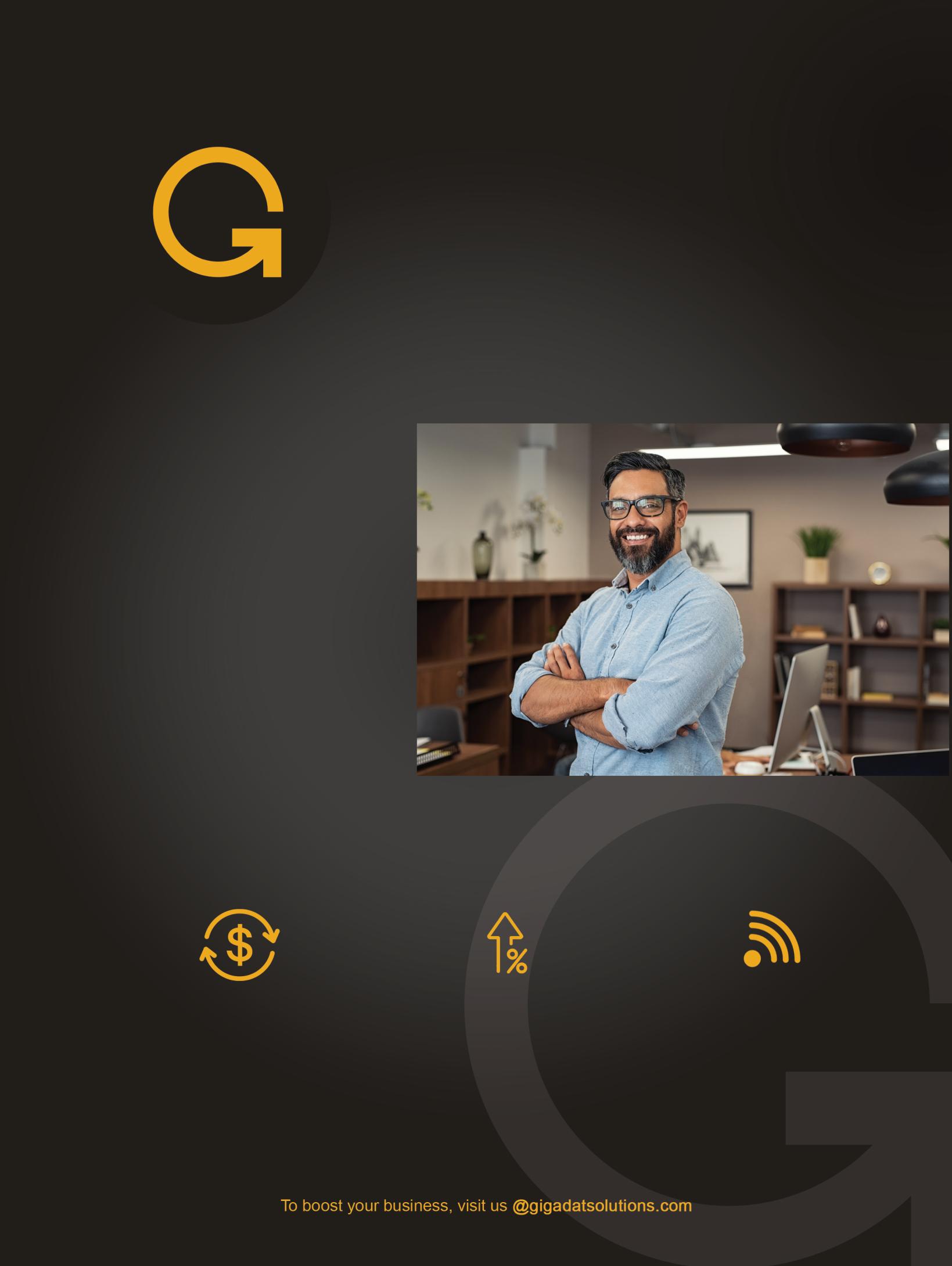COVER STORY
Interviewer: What shifts have you noticed in customer behavior regarding life insurance purchases, and how has Policybazaaradapted?
Vivek:WenowgetalotoftrafficfromoutsidemetrosandTier 1 cities. People are becoming more comfortable making payments online and are becoming digitally savvy. We've created streamlined digital journeys focused on customer experience. In the last three to four years, we've also built significant "feet on street" capacity.About 2,000 people are available across 70-80 major cities to meet customers, explain, and help them choose the right plans—this helps buildtrustandreachareasothersmightnot.
Interviewer: How is Policybazaar leveraging technological advancementstoenhancecustomerexperienceinpurchasing lifeinsurance?
Vivek:Wehavealwaysprovidedasmooth,engagingdigital journey, with deep integrations with our insurance partners thatallowcustomerstoresearchandcomparepoliciesonline. In the past three to four years, we’ve developed AI and machine learning tools to identify risky customers at the application stage, including face and voice matching with documentation,whichhelpspreventfraudandimpersonation at the source. This benefits both genuine customers and insurers.
Interviewer:CanyoushareanexampleofhowPolicybazaar has gone above and beyond to assist a customer during the claimprocess?
Vivek: We have a dedicated claims assistance program. For every life insurance policy issued, we send the nominee a claimscardwithahelplinenumber Anyoneneedinghelpcan call, and we will assist with the process. There have been many instances where nominees are not familiar with the process or are doubtful about claim payouts. In some cases, we send team members in person to help at the claimant’s home,especiallyifformsarecomplicatedorthefamilyisin emotionaldistress.
Interviewer:Whatarethecurrenttrendsinlifeinsurancethat youbelievecanshapeitsfuture?
Vivek: Several trends are emerging. We now have special plans for NRIs, allowing them to buy term insurance with video medicals from abroad. We have also started a new segmentforwomen,offeringdiscountplansandfeatureslike critical illness cover and health management services Another innovation is the smart exit feature, which enables policyholders to exit at retirement and receive all premiums back—thisaddressesconcernsaboutlosingmoneyiftheterm insurancebenefitisn’tclaimed.
Interviewer:Isthesmartexitfeaturealreadyavailableorstill beingdeveloped?
Vivek: It is already available with several of our insurance partners.
Interviewer: How do you foresee regulatory changes impacting the life insurance sector and digital aggregators likePolicybazaar?
Vivek:Regulatorychangesarealwaysgoodforthecustomer Though they may cause some short-term turmoil, they help the industry grow in the long term. For example, new rules have increased surrender values in guaranteed return plans, whichisverypro-customer Majorchangesalwaystaketime tosettle,butultimatelybenefittheindustryandconsumers.
“Our guiding principle is to win the customer's trust and do what is right for them.”
Essential Competencies for Business Leadership in Finance
In the ever-evolving world of finance, the role of a leader has
transformed dramatically Gone are the days when financial leadership was merely about crunching numbers and ensuring compliance Today, business leadership in finance demands a multidimensional skill set—one that balances technical knowledge, strategic insight, emotional intelligence, and the ability to lead in uncertainty. For organizations to thrive in this fast-paced and unpredictable environment, finance leaders must evolve into visionarieswhoinspire,influence,andinnovate.
Let’sexploretheessentialcompetenciesthatdefineimpactfulbusiness leadershipinthefinancesectortoday
StrategicThinking:TheCompassforLeadership
At the heart of effective financial leadership lies strategic thinking. Leaders must be able to anticipate market trends, assess long-term implications, and guide their organizations toward sustainable success.It’snolongerenoughtoreacttomarketshifts;leadersmust proactively position their companies to seize opportunities and minimizerisks.
This forward-looking approach helps financial leaders align their decisions with broader organizational goals. Whether it’s exploring new revenue streams, adapting to regulatory shifts, or reallocating resources, strategic thinking ensures that short-term actions are alwaysinserviceoflong-termvision.
FinancialExpertiseThatGoesBeyondNumbers
Whilefinancialacumenremainsacornerstoneofleadership,today’s expectationsgobeyondtechnicalmastery Truebusinessleadershipin financemeansbeingabletoreadbetweenthelines—toextractinsights from financial data and use those insights to drive smarter decisions acrosstheorganization.
Leaders are increasingly expected to act as business partners who support various departments, from marketing to operations. This
www.insightssuccessmagazine.com
Artificial Intelligence's Impact on Business Leadership in Finance
The financial world is undergoing a transformation that’s not just technological but deeply human.At the heart of this evolution is Artificial Intelligence (AI), a powerful toolthat’schanginghowdecisionsaremade,risksareevaluated, andopportunitiesareseized.Butthetruegame-changerishowAI isreshapingbusinessleadershipinfinance.Thetraditionalimage of a finance leader analytically, data-driven, and reactive, is evolving into one that’s proactive, tech-savvy, and strategic, thankstotheinfluenceofAI.
TheShiftingRoleofLeadersintheAgeofAI
Business leadership in finance is no longer just about crunching numbers or managing budgets Today’s finance leaders are expectedtointerpretcomplexAI-generatedinsights,buildcrossfunctionalstrategies,andleaddigitaltransformationwithclarity andvision.
AI systems can process massive amounts of financial data at lightningspeed,identifyingtrends,anomalies,andforecaststhat wouldtakeahumandaysorweekstouncover Thisgivesfinance leadersanopportunitytomoveawayfrommicromanagementand focusonhigher-orderstrategicthinking.Theirrolebecomesthat of a navigator, using AI tools as a compass to steer the organizationthroughuncertaintyandopportunity
EnhancedDecision-MakingandForecasting
OneofthemostsignificantimpactsofAIisitsabilitytoenhance financial forecasting and decision-making. Predictive analytics, powered by machine learning algorithms, helps leaders identify future trends in consumer behavior, market volatility, and risk exposure.Thisempowersbusinessleadershipinfinancetomake moreinformed,accurate,andconfidentdecisions.
For instance, AI models can now analyze credit risk faster and moreaccuratelythantraditionalscoringsystems.Theycandetect subtle behavioral cues in consumer data, flagging potential
defaults before they occur. For CFOs and financial executives, this precision provides a significant advantage, enabling them to mitigate losses and allocate capital more effectively.
AutomationandOperationalEfficiency
AI-driven automation streamlines many back-office functionslikeinvoicing,auditing,compliancereporting,and fraud detection.What once required large teams can now be managedbysmartsystemswithminimaloversight.Thisshift doesn’t make human professionals obsolete rather; it redefinestheirroles.
Modern business leadership in finance must now focus on upskilling teams, managing change, and encouraging collaboration between humans and machines. Leaders must ensure their workforce is not only comfortable with technology but also empowered to use it creatively and responsibly.
EthicalLeadershipinanAI-DrivenWorld
AI brings unprecedented possibilities, but it also raises serious ethical questions: How are algorithms trained? Are decisions explainable and transparent? Are biases being perpetuatedthroughAImodels?
Finance leaders must take the lead in addressing these concerns Trust, accountability, and transparency should remaincentralpillarsofbusinessleadershipinfinance,even as machines take on more complex decision-making tasks. EthicalleadershipinvolvesnotonlyadoptingAIbutdoingso responsibly ensuring that data privacy, fairness, and regulatorycompliancearealwaysprioritized.
Human-CenteredLeadershipinaDigitalLandscape
Despite AI’s rise, the need for emotional intelligence, empathy, and human judgment in finance leadership is stronger than ever. AI may highlight a cost-cutting opportunity,butit’suptothehumanleadertoweighthesocial impact of layoffs. It might suggest a high-risk, high-return investment, but the leader must evaluate whether it aligns withtheorganization’slong-termvisionandvalues.
This is where business leadership in finance must strike a balance leveraging AI’s capabilities while maintaining the human touch. Leaders are no longer just financial stewards but culture builders, change agents, and mentors guiding
teamsthroughrapiddigitalshifts.
AI-DrivenInnovationandCompetitiveAdvantage
AI doesn’t just improve existing processes it enables innovation.FinancialinstitutionsareusingAItocreatehyperpersonalizedcustomerexperiences,real-timefrauddetection systems, and dynamic pricing models. Fintech startups are disruptingtraditionalbankingwithAIattheircore.
To stay competitive, finance leaders must foster a culture of innovation.ThatmeansnotonlyinvestinginAItoolsbutalso encouraging experimentation and collaboration across departments.Forward-lookingbusinessleadershipinfinance recognizes that innovation isn’t just a tech challenge it’s a leadershipimperative.
PreparingfortheFuture
AI is not a passing trend it is the future of finance. Leaders who adapt quickly and strategically will position their organizationsforlong-termsuccess.Thiscallsforcontinuous learning, tech adoption, and a mindset shift from control to collaboration.
Businessschools,executiveprograms,andin-housetraining initiatives are now emphasizing digital literacy for finance leaders. The new generation of CFOs and finance directors must be fluent in data science, automation tools, and digital ethics.
Conclusion:RedefiningLeadership,NotReplacingIt
AI is not replacing finance leaders; it’s redefining what it meanstolead.Thefuturebelongstothosewhocancombine datawithintuition,automationwithempathy,andspeedwith strategy As AI continues to evolve, so too must business leadership in finance—toward a model that’s more agile, ethical,inclusive,andvisionary
Thetransformationisalreadyunderway.Thequestionisnot whether finance leaders will embraceAI, but how well they willleadwithit.

































